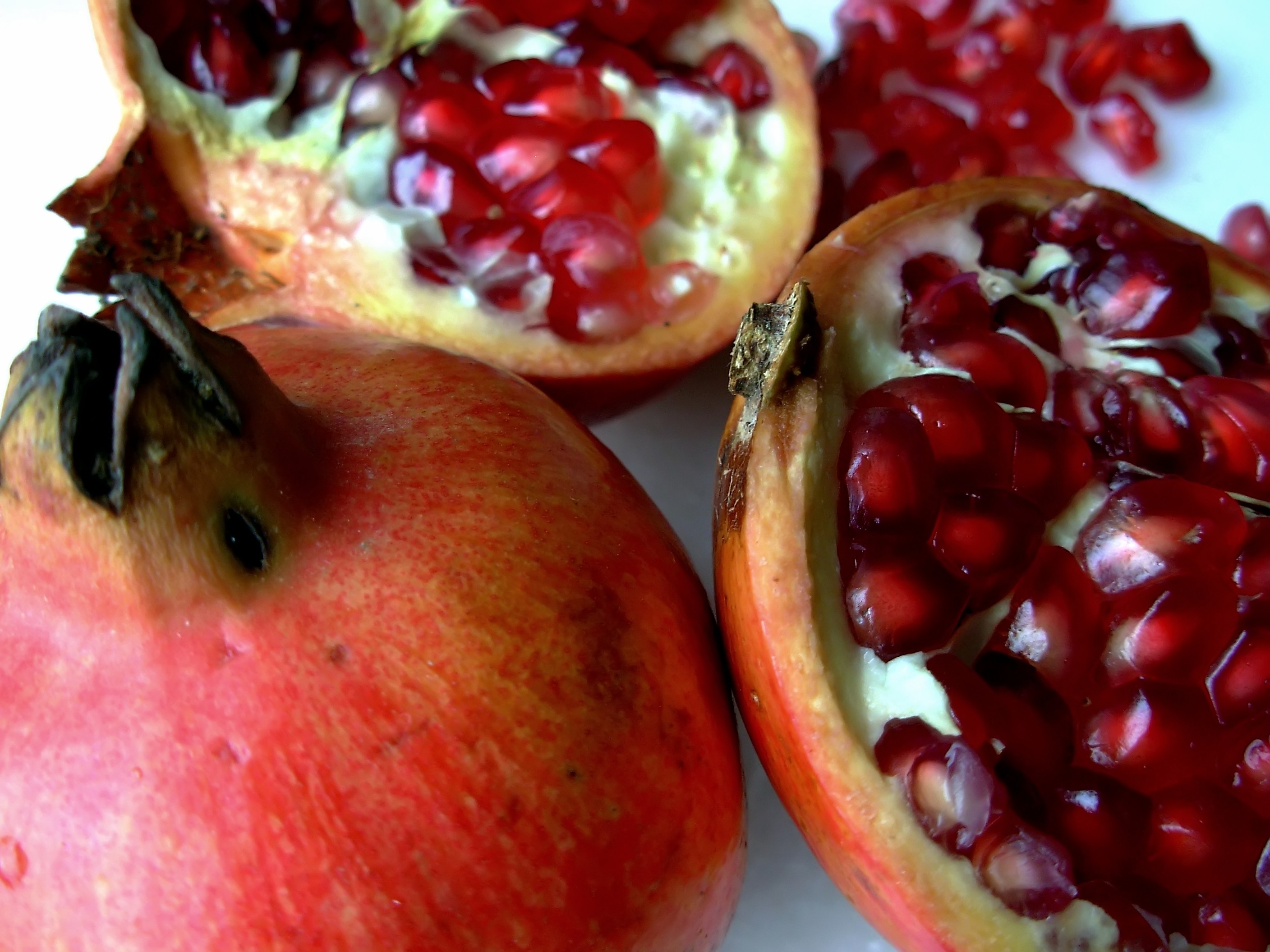Heart failure is the number one cause of hospitalisation in people over 65 (at least, in the USA), and the risk of developing it increases with age. Nearly 5 million people in the USA suffer from congestive heart failure (CHF), where the heart cannot pump blood with enough strength. High blood pressure, lung disease, heart muscle damage, rheumatoid arthritis, diabetes and obesity are some causes of CHF. Even with the "best" in conventional therapy, quality of life is usually poor, with 20% of patients dying after one year and half after five years.
 |
| Source: Inaquim |
While not an "official" vitamin, as we can produce it ourselves, carnitine may be very important for patients with CHF. In a study of 60 people with stage II or III CHF, the 30 who received 500mg of proprionyl-L-carnitine three times daily experienced significant improvements in heart function. At one, three and six months, there were progressive improvements in exercise time and heart ejection fraction, instead of a decline. These were 16.4%, 22.9% and 25.9% respectively for maximum exercise time, and 8.4%, 11.6% and 13.6% for ejection fraction.
Additionally, the herbal medicine known as hawthorn, or Crataegus, could also help to fight CHF. A German study of 1,011 patients tested it as a standardised extract, and it showed great results for a "mere" plant! Ankle swelling and night-time urination were reduced by 83%, and exercise tolerance, fatigue and difficulty breathing all improved. More patients showed normal heart rhythms, and problems such as arrhythmia were less common.
Of course, there are other nasty heart conditions too, such as angina. Pomegranate juice may be one way to fight this one. A trial comparing pomegranate juice to conventional medicine alone found that the pomegranate group experienced a 50% decrease in stress-induced angina episodes after three months, but the drug-only/placebo group saw a 38% increase. When they measured coronary artery blood flow, the drug-only group worsened by 17% after three months, but the pomegranate group improved by 18%. Another study on atherosclerosis found that pomegranate juice reversed artery wall thickening by 35%, but the drug-only group worsened by 9% a year. Of course, while pharmaceutical drugs did not reverse their conditions, unlike the natural therapies tested, they can keep you going while your natural protocol builds you up enough to reduce or stop them.
No comments:
Post a Comment